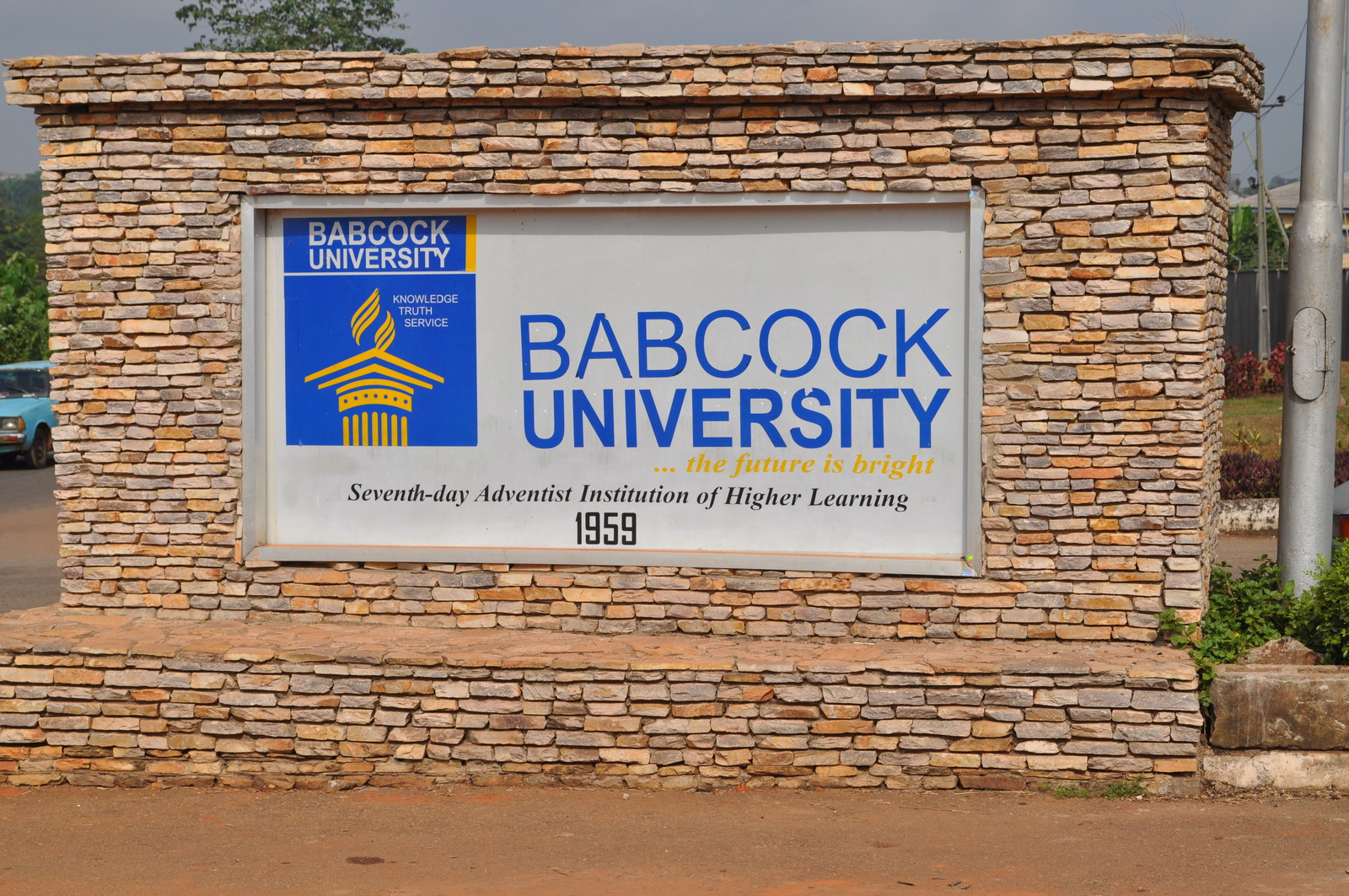The immediate past Registrar of the University of Ibadan (UI), Mrs Olubunmi Faluyi, has stressed the need for registry workers to be at the forefront of driving change and innovation within the university system.
She noted that the registry is the life wire and memory of the university, and it must regain and restore its place in governance and redefine its purpose in the university system.
Besides, Faluyi said there must be a shift in the mental process and behavioural pattern of staff, and a proper framework to respond to the dynamics.
She stated this at the maiden edition of the Registry Lecture Series organised by Trinity University, Lagos.
Speaking on the topic: ‘Responding to the dynamics of change in university governance: The strategic role of the registry,’ Faluyi acknowledged the major shifts in policy and operations brought about by technological advancement and evolving stakeholder expectations, emphasising the need for the registry to reclaim its rightful place in university governance.
To enable the registry respond effectively to evolving governance needs, Faluyi called for professional development of registry workers, digitisation, autonomy and meritocracy, stakeholder engagement, and performance evaluation.
Pro-Chancellor and Chairman of Council, Trinity University, Samuel Olatunji, also stressed the crucial role of corporate governance in the success of institutions, drawing from his background in the corporate world.
He said good corporate governance is essential for institutions to thrive, particularly for young institutions like Trinity University.
Olatunji noted that a strong administrative framework is critical for the university’s success, particularly in planning, execution, monitoring, and control.
He also urged participants to prioritise the implementation of knowledge and ideas shared during the lecture, ensuring that good practices are put into use to benefit the university community.
The Vice-Chancellor, Prof. Clement Kolawole, called on the federal government to consider reviewing the existing policy, which excludes private universities from the Tertiary Education Trust Fund (TETFUND).
Kolawole lamented that the exclusion of private universities from the fund remains a significant challenge, urging policymakers to reconsider the eligibility criteria of the fund and make provisions for private institutions to access it, thereby fostering a more inclusive and sustainable tertiary education system in Nigeria.
He said: “Our students are Nigerians like students in public universities, and their parents are taxpayers within the ecosystem. Including private universities in the fund would not only enhance their infrastructure and research capabilities but also promote a more equitable distribution of resources.
This move, Kolawole noted, would enable private universities to further improve the quality of education, thereby increasing the competitiveness of Nigerian graduates in the global job market.”






